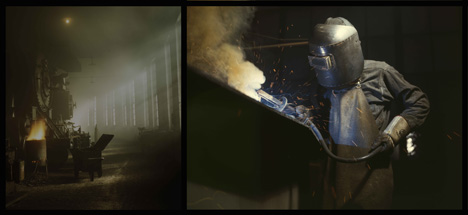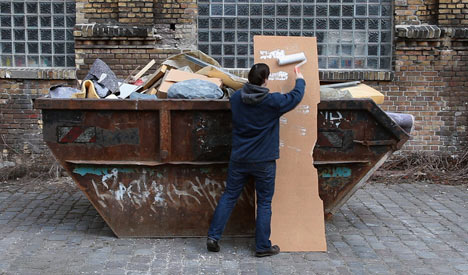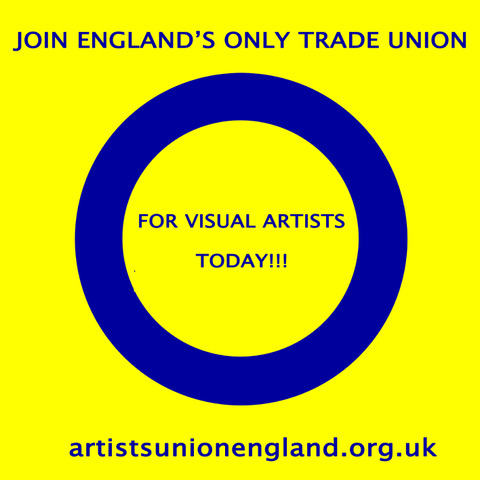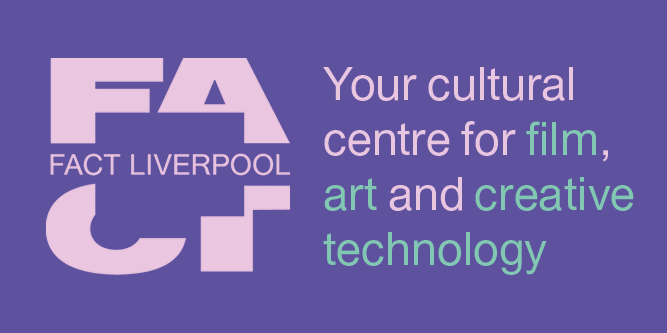Art Monthly 376
May 2014
New Romantic(ism)
Paul O’Kane
New Realism
Mark Prince
Agitationism
Chris Clarke
Against Political Art
Daniel Miller
Buy Now – select:
Want to read this right now?
Get instant access to the entire back catalogue via Exact Editions from only £8.99!
Contents

John Akomfrah The Allegories of Mourning no.7 2012
Feature
New Romantic(ism)
Is Romantic a dirty word asks Paul O'Kane
If Romanticism is making a return within recent art practices, how have critical artists such as John Akomfrah, Tacita Dean and Jon Rafman rescued it from the charge of aesthetic and political conservatism?
'Charles Baudelaire and Gustave Courbet moved beyond lingering Romantic aesthetics and sensibilities to forge the possibilities of the more modern Realism which we still regard as a touchstone or birthplace of critical art.'

Sofia Hultén Altered Fates 2013
Feature
New Realism
Mark Prince on realism without representation
If the British realist tradition was shaken by the relativist winds of Postmodernism, why might a wide group of current artists – from Jordan Baseman, Hilary Lloyd and John Smith to Alice Channer, Sofia Hultén and Tatiana Trouvé – be tackling primary experiences through the use of objective media?
'In the past decade there has been a striving for liberation from received signification, for an alternative to already-mediated content; a resurfacing, in British art, of realist idioms, and a reflection of this tendency internationally.'
Comment
Editorial
Another One Bites the Dust
After barely 18 months, the revolving door at the DCMS has spun again, ejecting Maria Miller faster than the 32 seconds it took her to apologise for overclaiming her expenses, and whizzing Sajid Javid along on another fast-track promotion. Javid, however, has previously signed up to the opinion that the DCMS should be dismantled, but isn't it rather the post of arts minister that should now be scrapped?
'The prime minister singled out for praise Maria Miller's role in leading "one of the most important infrastructure projects", so that "many more premises are now able to access super-fast broadband". An unfortunate choice since 186,466 users accessed the new high-speed broadband to sign an online petition demanding her resignation.'
Artnotes
Gagosian gallery is handed a £1m Crossrail station artwork commission to give to one of its artists; Artists' Union England is launched; the Precarious Workers Brigade writes an open letter to FACT about the use of unpaid interns; Tate digs its heals in against the information commissioner over releasing detail related to its BP sponsorship; a survey reveals that public support for state funding of the arts stands at over 50%; the alternative 'Whitney Houston Biennial' runs in New York; Tate publishes the Audio Arts archive of interviews online; the latest news on galleries, events, appointments, prizes and more.
Submissions: Send news items to artnotes@artmonthly.co.uk
Reviews
Exhibitions
Brian O'Doherty: Connecting the ...
P! and Simone Subal Gallery, New York
Marjorie Welish
Richard Hamilton
ICA, London
Tate Modern, London
Mark Prince
Bruce McLean: Another condition of sculpture
Leeds Art Gallery
David Briers
Glasgow International
various venues
Jennifer Thatcher
Tania Kovats: Oceans
Fruitmarket, Edinburgh
Christopher Townsend
Science Fiction: New Death
FACT, Liverpool
Bob Dickinson
Maryam Jafri: Mouthfeel
Gasworks, London
Colin Perry
Joana Vasconcelos: Time Machine
Manchester Art Gallery
Martin Holman
Whitney Biennial
Whitney Museum of American Art, New York
Cherry Smyth
eva International: Agitationism
various venues, Limerick
Chris Clarke
Simon Denny: The Personal Effects of Kim Dotcom
firstsite, Colchester
Matthew Bowman
London Round-up 1
Cell Projects • David Zwirner • Sadie Coles • ICA • Greengrassi
Duncan Wooldridge
London Round-up 2
Cafe Gallery and Dilston Grove • Iniva • Simon Lee Gallery • Ancient & Modern • England & Co
Eliza Williams
Reviews
Books
Hal Foster: The First Pop Age
Mark Prince takes issue with a misreading of significant art
'As for when "the first Pop age" was, Foster discusses the work of five artists who emerged between the 1950s and early 1960s: Richard Hamilton, Roy Lichtenstein, Andy Warhol, Gerhard Richter and Ed Ruscha, all of whom he claims have not received their "formal due" or sufficient "critical respect". This assertion is a reiteration of a platitude: that pop is "light" and "low" and therefore not taken seriously – which is untrue on both counts.'
Craig Staff: After Modernist Painting
Duncan Wooldridge wants this take on painting to get out more
'While After Modernist Painting proposes something similar to those expanded discourses around sculpture, film or photography, here the text resists many of the critiques of painting with some haste, especially those mounted by critics associated with the journal October. Consequently, the text returns with frequency to an elastic Greenbergian medium-specificity which isolates painting not only from other media but also from the world at large.'
Polemic
Against Political Art
A left-wing conspiracy?
Daniel Miller blasts what he sees as the cosy consensus politics of political art
'Anyone who has spent time observing the intellectual art world may have had occasion to observe a striking fact: everybody with a platform appears to share essentially the same opinions. Anti-American, despite the predominance of US institutions and foundations in art education and production; post-colonial, despite the crypto-colonialist organisation of the global art world; anti-western, despite the centrality to contemporary art of western practices and concepts; and, above-all, anti-neoliberal, even though no sector better embodies the gated utopianism of global neoliberal society than the ultra-mobile and hyper-networked art world. What explains this strange consensus?'
Report
Letter from Taipei
Self-organisation
Stephen Wilson on a culture negotiating its self identity
'In recent years, Taipei has seen the emergence of a number of new galleries, such as Gallery 100, Galleria H, J Chen Gallery and Aki Gallery, based in the vicinity of the established Taipei Fine Art Museum and marking a healthy desire to promote distinctly home-grown contemporary Taiwanese art, alongside Chinese, Asian and international art.'
Artlaw
Ways of Working
Taking Care of Business
Henry Lydiate examines the artist/dealer relationship
'We will have to wait and see in his autobiography whether Damien Hirst did change any rules. Meanwhile, let us consider whether there are (or were) rules to change and how artists learn about them. In other words, what do artists need to know about the art world and how might they acquire such knowledge?'
Listings
Events
London Art Calendar
The updated London events calendar can also be viewed online.
Exhibitions
Exhibition Listings
Art Monthly's exhibition listings can also be viewed online.










